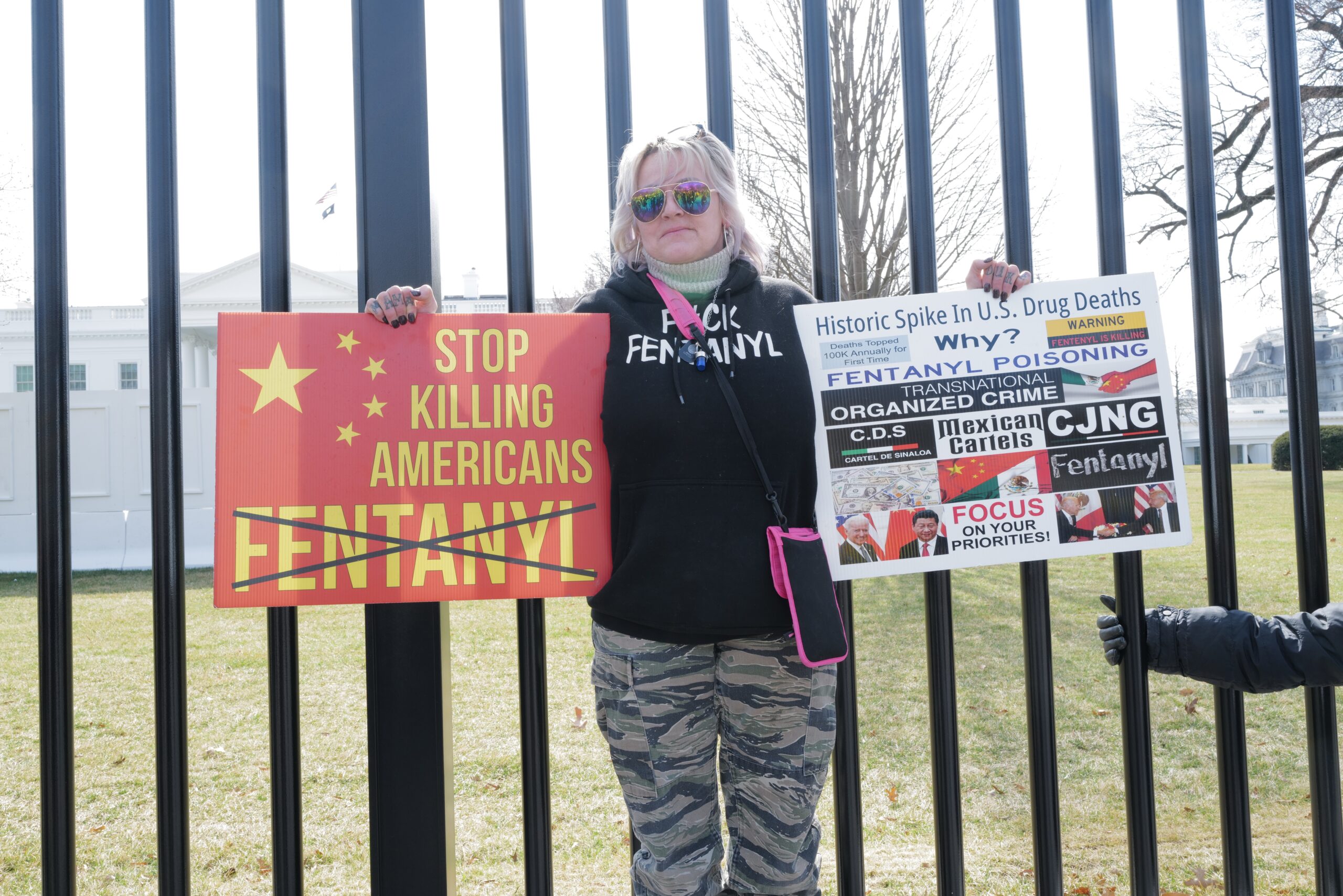The Hidden Network Behind America’s Fentanyl Crisis: Chinese Money Laundering

As the United States grapples with a severe fentanyl crisis, claiming the lives of about 100,000 Americans annually, attention is turning to the complex money-laundering networks that enable this deadly trade. Chinese nationals and Mexican drug cartels are at the heart of this operation, creating an efficient system that fuels the distribution of fentanyl across the U.S.
At the core of this network is a method of circumventing China’s strict capital controls, which limit the amount of money that can be transferred out of the country to $50,000 per year. Despite these restrictions, many Chinese nationals manage to live lavish lifestyles abroad, especially in North America.
The fentanyl trade begins with chemicals manufactured in China. These chemicals are shipped to Mexico, where cartels convert them into fentanyl pills. These pills are then smuggled into the United States and sold, generating large amounts of cash that need to be laundered.
A detailed report from the Financial Times explains how this laundering process works. Chinese students in the U.S., for example, may need more money than the legal transfer limit allows. They often turn to WeChat to find someone who can provide them with cash in the U.S. In exchange, their families in China transfer an equivalent amount, plus a commission, to accounts designated by money launderers.
This system not only facilitates the illegal drug trade but also supports the lifestyle of many Chinese nationals living abroad. The money ultimately makes its way back to the chemical manufacturers in China, settling the cartels’ accounts and perpetuating the cycle.
The money-laundering network has significant implications. During the Cold War, the Soviet Union operated a similar intelligence operation near Havana. Now, China’s proximity to the U.S. allows it to intercept sensitive communications and spy on American citizens through telecommunications networks.
Despite the growing crisis, the Biden administration has yet to take a firm stand against these operations. The failure to address this issue robustly raises questions about the administration’s commitment to combating the fentanyl epidemic. Critics argue that more aggressive actions are needed to disrupt the money-laundering networks that are fueling the crisis.
The fentanyl epidemic and the associated money-laundering networks represent a significant national security threat. As these operations continue to expand, the U.S. must take decisive action to protect its citizens and curb the flow of this deadly drug.
























